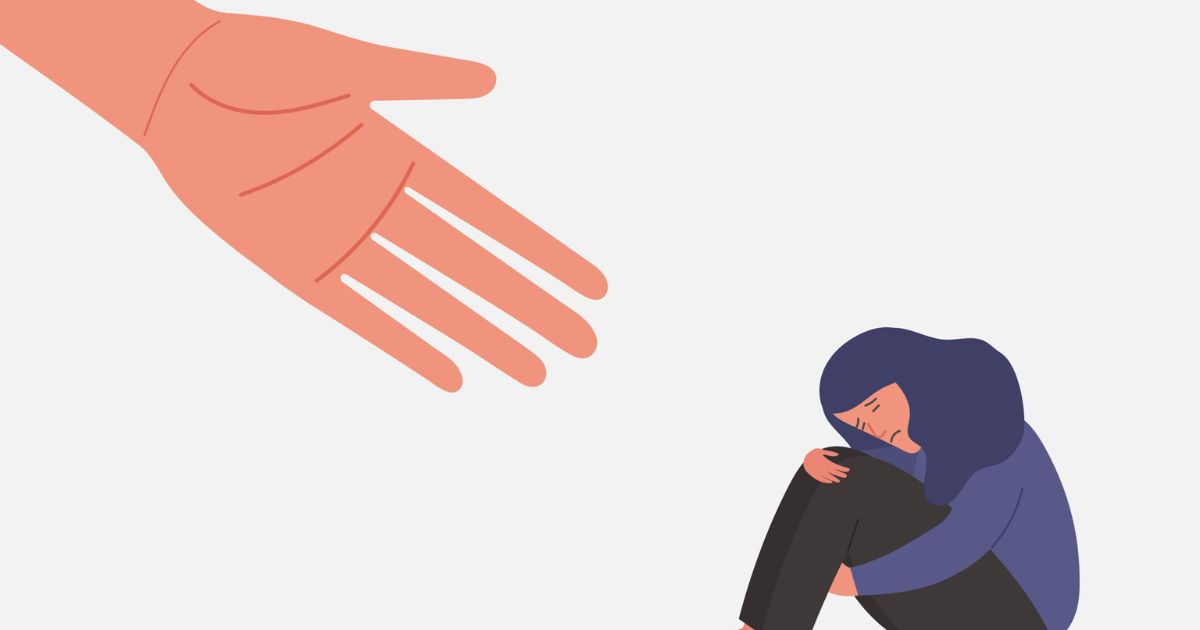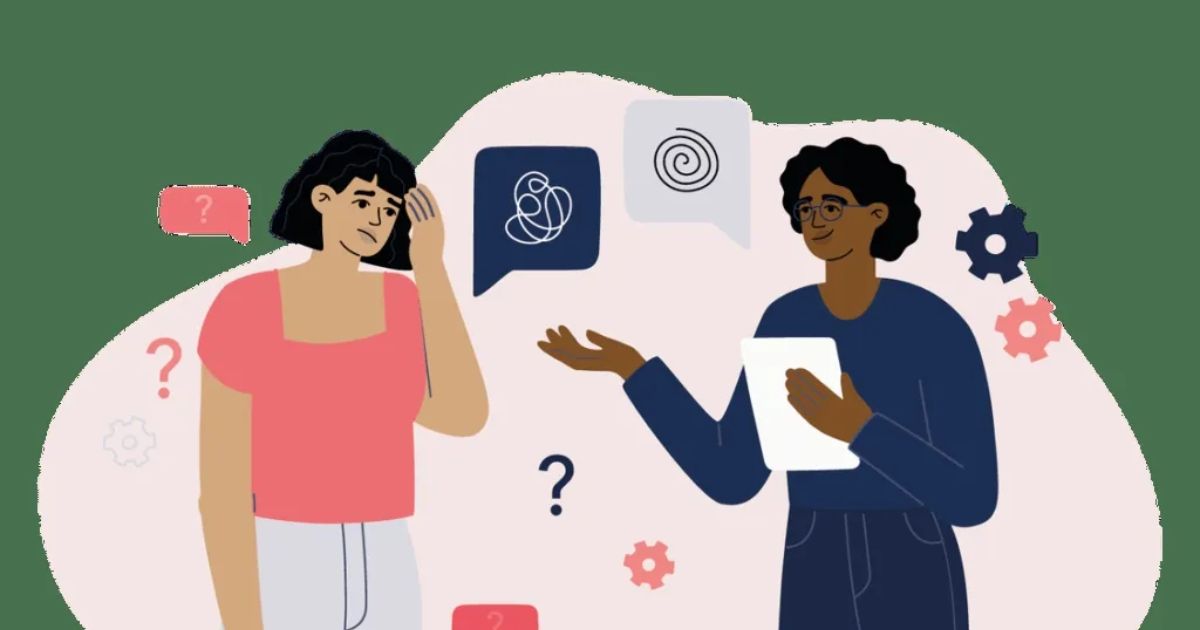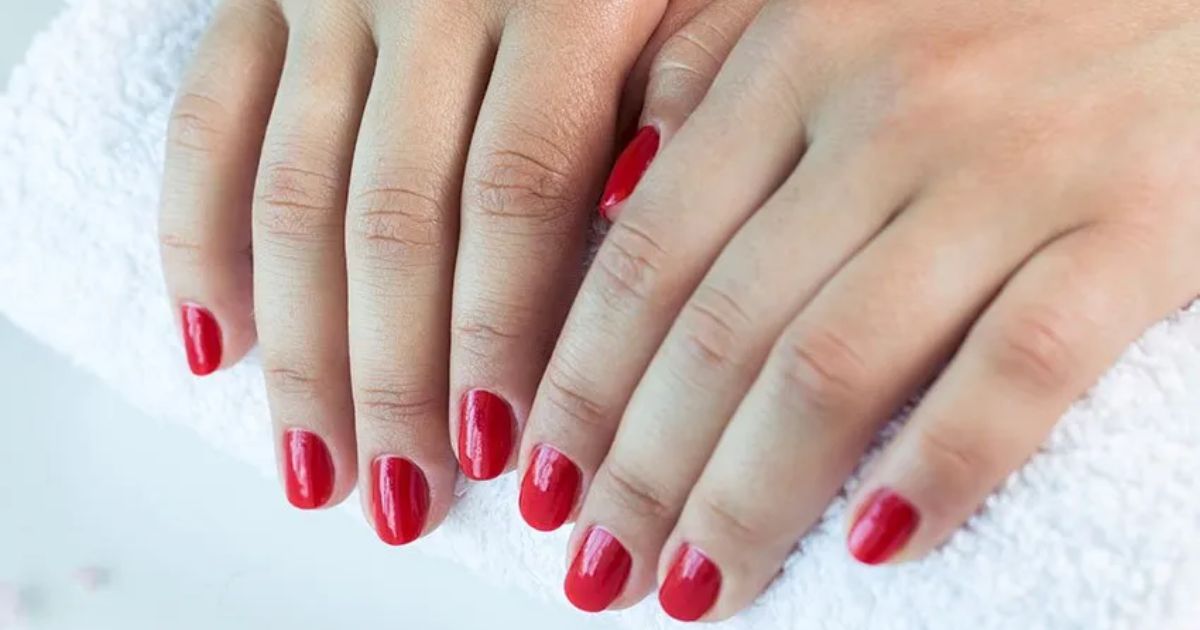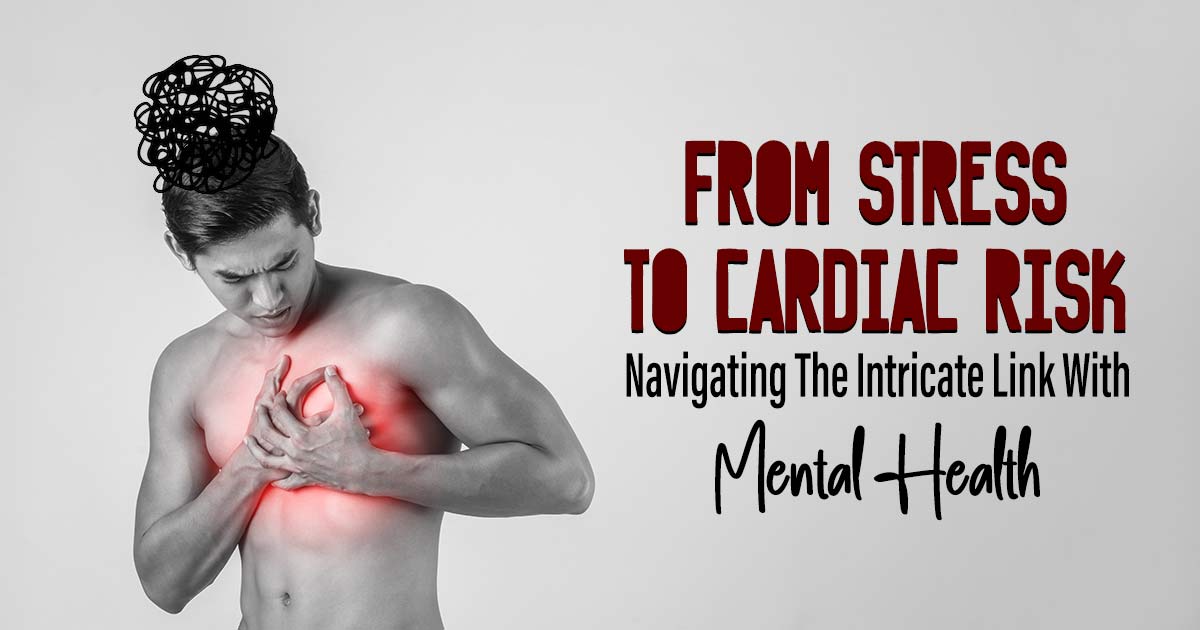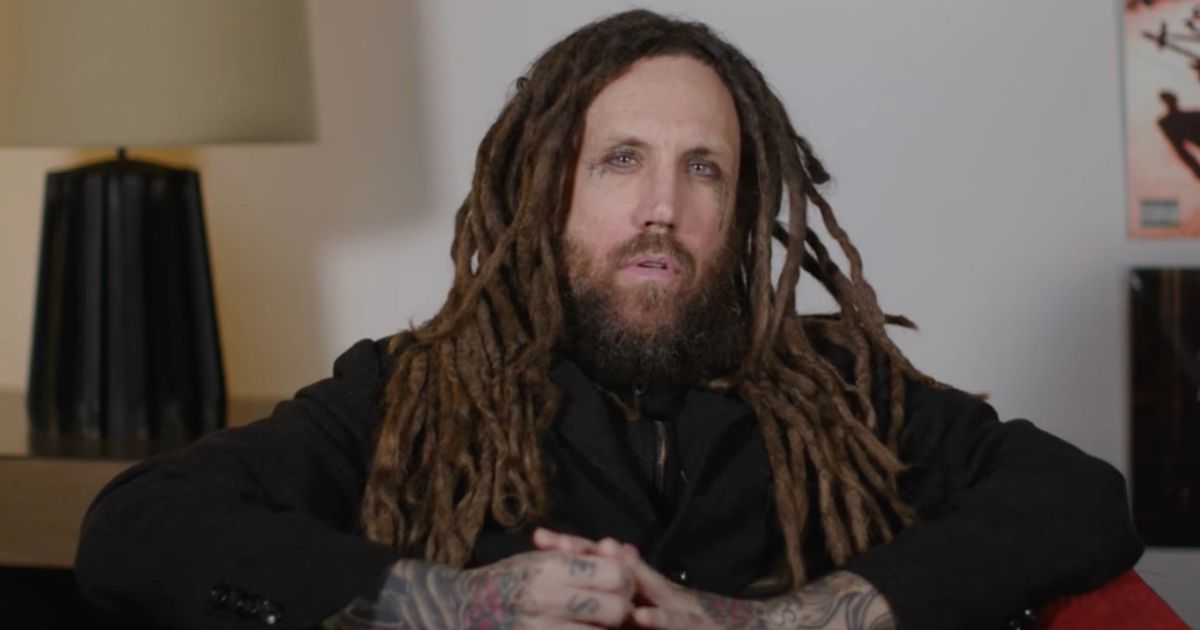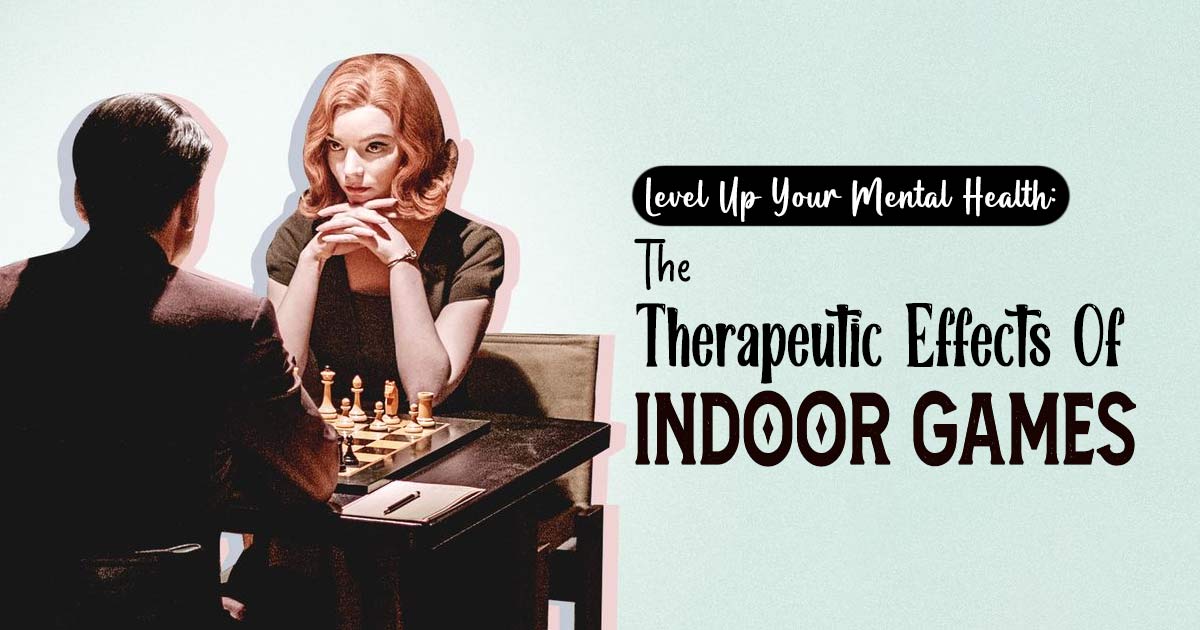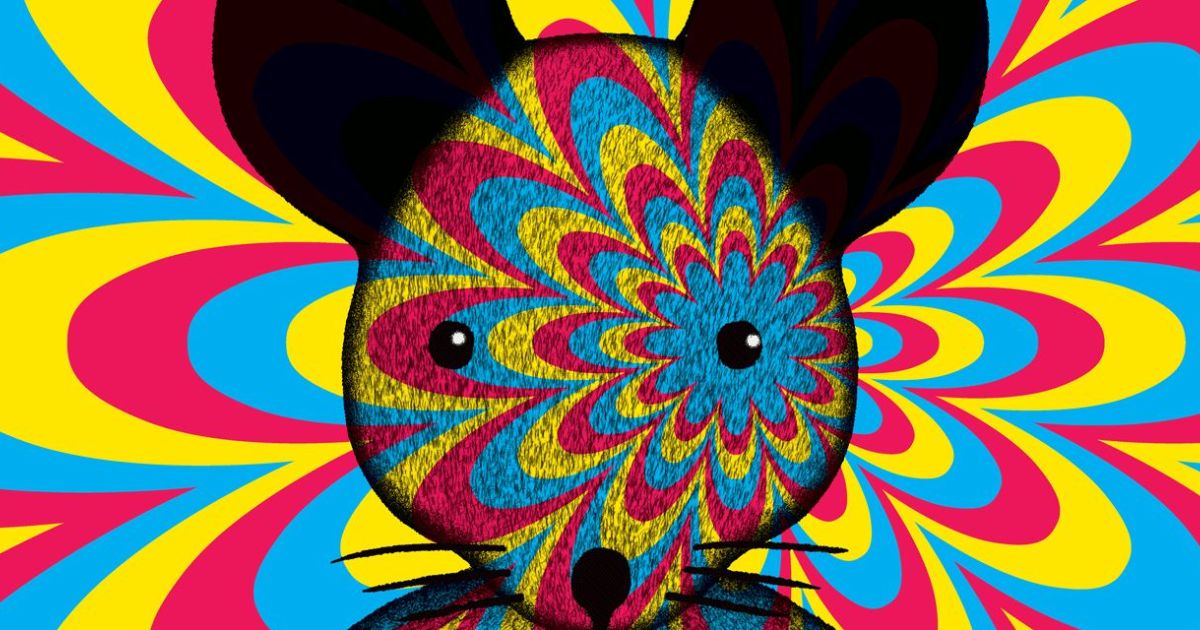- Recently, instances of suicide amongst student-athletes have skyrocketed.
- Experts have suggested measures to better student athletes’ mental health and wellbeing.
Athletes’ Mental Health: The Sordid Picture
The recent college athlete mental health statistics have shocked mental health professionals. The data revealed that up to 35% of athletes in elite colleges in the US and other countries suffer from mental health crises, which manifest as:
- Stress
- Eating disorders
- Substance abuse
- Performance anxiety
- Burnout
- Depression
- Self-harm
- Suicide
Sports Performance And Mental Health
The forte of sports has always been a demanding, cut-throat arena. Particularly in elite academic institutions—wherein sports victory is intertwined with several factors like institutional reputation, student scholarships, etc.—sports performance is subjected to extremely high standards and expectations.
This, coupled with peer pressure and academic demands, appears to overwhelm a large number of student-athletes. The ongoing pandemic, isolation policies, and unforeseen disruptions in otherwise flourishing athletic careers have caused a mental health crisis in college sports people.
Research shows that while some student-athletes recover from their mental health issues, others do not. They face academic and athletic burnout and, consequently, embrace self-harm or suicide out of dejection.
Bettering Athlete Mental Health
Experts contend that both institutional and personal measures should be taken to address student athletes’ mental health crises. These include:
- Destigmatizing college athletes’ mental health
- Inculcating “mental skills training” programs in the curriculum
- Readily providing mental healthcare resources and services
- Arranging emergency facilities for mental health
- Mellowing down on sports performance-expectations
- Encouraging athletes to communicate openly about their struggles with their superiors
Mental health professionals state that the first step towards bettering the mental health of any student populace—be it athletes or their academic counterparts—is to empathize and understand their everyday struggles and support them. Michael Mominey, an athletic director at a reputed American college, elaborated: “Mental health support has to be treated just like academic support and injury prevention and injuries.”
Know More About –
Related Articles –
- Beat Stress With This Simple 4-Step Exercise, Practiced By U.S. Navy Seals
- How To Prevent Burnout: 13 Signs You’re On The Edge
- If You’re Having Suicidal Thoughts, Please Read This


